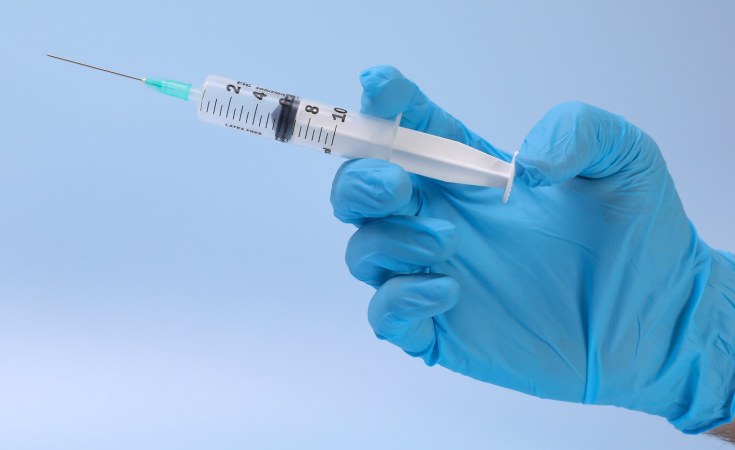Zimbabwe has 8,000 doses of injectable pre-exposure prophylaxis drug, cabotegravir, for use in the ongoing pilot programme to establish its efficacy in preventing HIV as the country pulls all the stops to completely eradicate all new infections of the virus by 2030.
Already infection rates have been falling sharply with a very large majority of the HIV infected now with highly suppressed viral loads as they continue their anti-retrovirus medication, and so are no longer infectious, and with the uninfected population fully knowledgeable about the measures they need to take to stay free of infection.
Also known as CAB-LA (cabotegravir long-acting), the new drug is an ARV that is designed to suppress infection by HIV as it occurs and is for those who are negative but are at high risk of being infected by the virus. It is one of the pre-exposure prophylaxis products undergoing demonstrations to see their efficacy in HIV prevention at one of the 15 demonstration sites that have been set up by the Ministry of Health and Child Care across the country.
Speaking on the sidelines a review workshop to identify gaps in the ongoing fight against the spread of HIV that was organised by the National Aids Council, the director for the AIDS and TB Unit in the Health Ministry Dr Owen Mugurungi said a pilot study was underway to find out the drug's efficacy in stopping HIV infection.
Dr Mugurungi said the country had 8000 doses being used under the pilot stage with results expected to be shared with the nation once the trials had been completed.
"We are trying a pre-exposure prophylaxis drug that is commonly known as CAB-LA under a pilot programme that we are rolling out at 15 demonstration sites around the country and this is important in the ongoing war to eradicate new HIV infections by 2030 because with this drug it will be taken once every two months meaning that a person will take it six times per year but for a start a person will take seven doses as the first two doses will be taken one month apart,"he said.
"We are doing a pilot programme to test the drug's efficacy especially looking at things like the side effects that it causes. So at the moment we I can say we are doing an implementation study and we will report back to the nation once the studies we are doing are complete. We have about 8000 doses of CAB-LA that we are using and this pilot programme that involves about 1000 people."
Dr Mugurungi noted that the new pre-exposure prophylaxis drug, if successful and approved, will be handy in the battle against taming new HIV infections.
"We have situations where people who are taking their ARVS might actually forget to take them or even lose them. They can also face other challenges in getting those drugs when they need them and the pharmaceutical industry responded by coming up with an injection which can be taken only once every 2 months and that is what we are looking at now to see things like its side effects and so on before we go to the next step."
The Permanent Secretary for Health and Child Care Dr Aspect Maunganidze, who officially opened the review workshop, said the Ministry sought to identify lurking gaps in the fight against HIV and Aids and also proffer possible solutions as Zimbabwe angles to eradicate new infections of the disease by 2030.
"This meeting seeks to look at the gaps that are there in the drive to make sure that by 2030 there will be no new HIV and Aids infections in Zimbabwe as per the targets set by UN Aids. I am happy that we have experts on the deadly pandemic who are here so that solutions to these gaps can be found,"said Dr Maunganidze.
Dr Maunganidze said Zimbabwe had earned plaudits for its conception of the Aids levy to help mobilise funding to combat the deadly pandemic saying others countries were keen to draw lessons from this model for roll out in their nations. The levy is three percent of personal taxation.
National Aids Council chief executive Dr Bernard Madzima said his organisation was receiving funding from Government mobilised via the Aids levy and also from partners such as Global Fund to continue the fight against HIV and Aids, making sure Zimbabwe achieved 100 percent eradication of new infections of the virus. Government through NAC and partners also hope that all those infected with virus will be able to receive anti-retroviral therapy by 2030.
The workshop was also attended by all provincial medical directors from around the country and specialists in the HIV and Aids. New strategies were expected to be adopted to add impetus in the fight against the virus.


